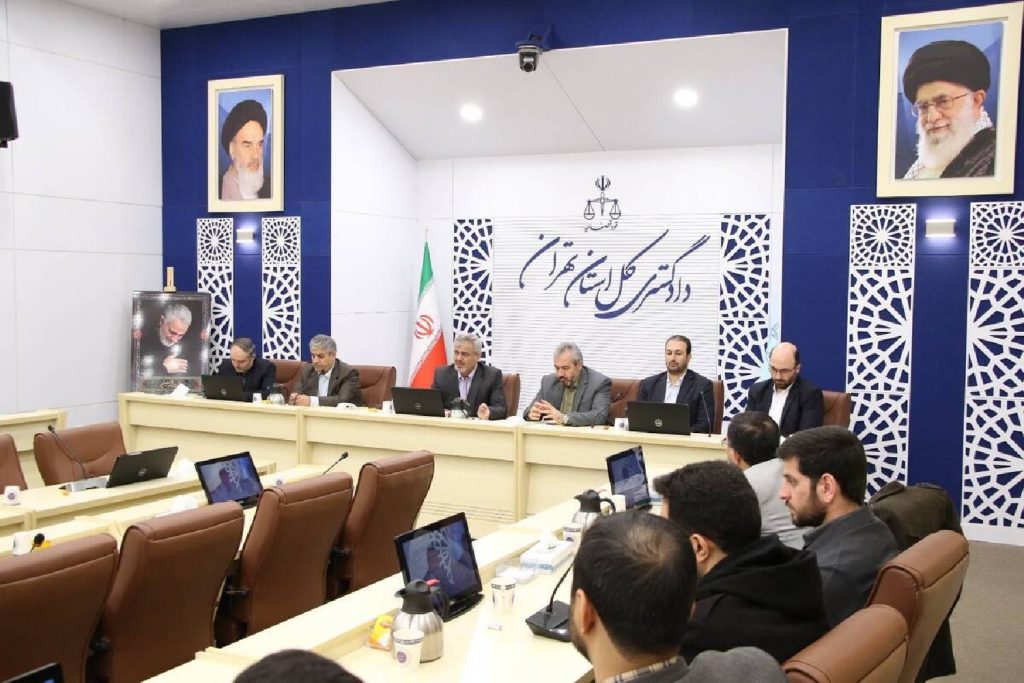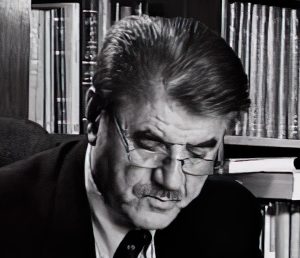Saleh Nikbakht, a lawyer, emphasizes that according to the constitution and ordinary laws of the country, the principle is that court hearings should be held publicly. He notes that the primary issue is that even in cases where public hearings pose no problem, courts are held privately, particularly in revolutionary courts that typically handle political cases or, as officials put it, anti-security cases. For instance, last year, the trial of several lawyers accused of propaganda against the system was held privately. These lawyers were convicted and deprived of some social rights. Therefore, if the head of the judiciary intends to exercise his legal powers, he can ensure that courts restrict private hearings to cases explicitly emphasized by the criminal procedure law.
Nikbakht also highlights that private hearings have become a routine contrary to what the law stipulates, and almost all courts follow this practice, except when officials decide otherwise. Experience has shown that only some political and sensitive crimes have been tried publicly, and even then, only specific, select individuals have attended. The intention of public hearings is for everyone to be able to attend without hindrance and to be aware of the proceedings, and for the media to publish the process.
He believes that holding courts privately (except in legally specified cases) not only contradicts the constitution and ordinary laws but also has adverse effects on the judicial system. The reality is that private trials of political activists, civil society members, lawyers, and human rights activists have very negative consequences. For example, the conviction of individuals in private courts and their social deprivation has had widespread external repercussions. As a result, some appeals courts have considered this issue and have often amended the rulings. Therefore, implementing the judiciary head’s remarks should be welcomed. However, failing to act on these statements would render them mere slogans, negatively affecting public opinion.
Nikbakht stresses that the law on political crimes and public trials of political activists is incomplete. For instance, the law considers defamation or spreading falsehoods as political crimes, whereas charges like propaganda against the system are deemed non-political and are not included in the law. It is crucial to recognize that propaganda against the system, as its name suggests, means opposing the political structure non-violently. This has led to political or civil activities being considered non-political and security-related crimes, resulting in private trials for such cases.
Responding to whether the trial of Mahsa Amini’s case and other 2022 protesters should have been public, Nikbakht states: “In the 2022 protests, the judiciary head’s actions and suggestions for pardoning detainees led to many being released from prison. However, the trials of those arrested during the events, charged with moharebeh (waging war against God), corruption on earth, etc., were held privately, overshadowing the public pardon. As for Mahsa Amini’s case, the fact is that the investigation remains in the prosecutor’s office, our requested investigations have not been conducted, and no court has been held to discuss whether it should be public or private.”
Despite these points, why are public trials rarely seen? Nikbakht explains: “According to the criminal procedure law, one reason for holding a court privately is the court’s decision and the prosecutor’s request. This authority given to judges and courts poses a significant obstacle to implementing the principle of public hearings. The problem is that usually specific branches of the revolutionary courts hold all trials privately unless they deem it appropriate. In fact, judges in these branches consider the default to be private trials. Note that almost all judiciary heads have emphasized this issue, but these emphases have yet to yield practical results.”
Nikbakht also points out that the clause under Article 48 is another barrier to public trials. Public trials require individuals to attend with their chosen lawyer. However, this clause deprives defendants of the right to choose their lawyer during investigations and creates discrimination among lawyers, contrary to the constitution, thereby limiting the impact of public trials on public opinion.

